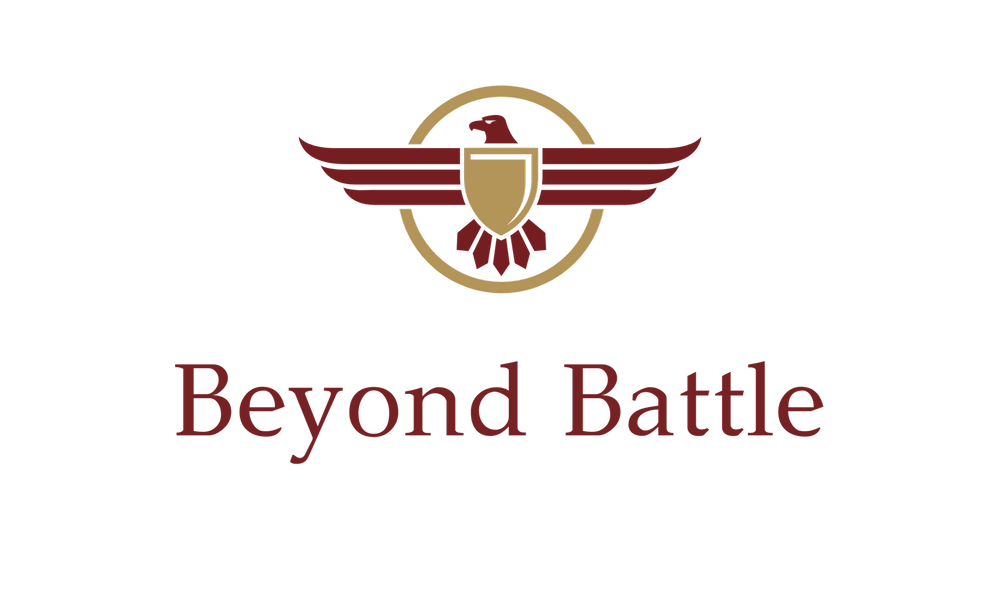Can you tell me about your early life and what lead you to attend West Point?
I remember specifically walking up the stairs at my high school and thinking to myself “We live in a great country and I want to serve….but I also want to get a great education.” So it was ROTC or one of the Academies. I grew up in an environment where serving others was kind of natural; my parents worked with emotionally and mentally challenged adults, so I grew up appreciating what I had. I also wanted to fly.
Military Experience
I have lived overseas in Egypt, Haiti, Korea, Iraq, Italy, France, and Afghanistan. I have served with the 10th Mountain Division twice, the 2d Infantry Division in Korea, the 101st Airborne Division (Air Assault), and others. I have had leadership positions in the aviation (helicopter) world, but also served with Infantry brigades and Reserve units.
From 2002- 2004 you were with the 101st Airborne, and were in Iraq. Can you tell me what that deployment was like?
We were part of the initial assault into Iraq and eventually ended up in Mosul. Combat deployments are very “pure”: eat, sleep, work (not always in that order). I was the Executive Officer (XO) of a battalion of 300+ Soldiers with 30 UH60 Blackhawk helicopters. As the XO, I second-in-command (in a practical sense), so was responsible for making sure the battalion ran smoothly, coordinating staff actions. I enjoyed working with Soldiers, but I also enjoyed interacting with Iraqis, to understand their perspectives and values. I can’t say I enjoyed Iraq, but it was very rewarding personally and professionally.
You planned the longest Air Assault in the history of the U.S. Army. Can you tell me about that mission?
I suspect it’s probably been surpassed by now, but we used just about every asset in our Brigade (UH60s, CH47s, fuelers, maintenance) to push up to Mosul. It was complicated, but I had a lot of help from my team and from the other battalions in the brigade. To be perfectly honest, my stress level was the planning and launching aircraft. When the Air Assault started, I think I went to my cot and slept for 18 hours.
When you were with the 10th Mountain Division you were responsible for training Afghan Police.
What was the most challenging and rewarding part of this job?
The most challenging part of this job can be characterized by an exchange I had with an Afghan Police colonel. I was there during parliamentary elections, and the Afghan Police played a key role in securing polling places. I helped the Afghans with some planning, and on the day of the election, I asked the Colonel how he thought the security was going (we Westerners do a lot of comparing, and I would have asked myself the same question: how do I think the security was actually going compared to what I predicted the security situation to be?) The Colonel’s answer floored me: it was a combination of Inshallah (God willing) and “it is what it is.” He wasn’t comparing, he was just accepting. That’s not to say the Police didn’t react to events, they did. But there wasn’t a Western sense of “better or worse,” terms in which we operate.
If you could go back, what advice would you give yourself prior to beginning?
I like to think that I had a very good sense of what the Afghans needed, really needed, but that didn’t stop me from trying to achieve quantifiable results. These quantifiables were much more for my satisfaction that good for the Afghans. So my advice to myself would be to focus on the Afghans, not on results.
You have been in many leadership positions wherein you have been responsible for the lives of hundreds of individuals. How do you not let that pressure overwhelm you?
You have to rely on, and trust completely, your subordinates. They are who are taking care of Soldiers and situations and solving problems; I just provided general guidance and leadership. I had to be vigilant of course and make sure they understood my intent, but trusting subordinates is key, as well as listening to them.
When you think of Travis Manion What words immediately come to mind?
“If Not Me, Then Who…” is a great to live one’s life. I realized that my military career was characterized by those words, and I want my civilian life to be guided the same way.
How did you get involved in the Travis Manion Foundation and what is your job there?
I transitioned out of the Army in 2013 and was pretty clueless about what I wanted to. I pretty much took the first paycheck that seemed semi-interesting, and worked there for about 8 months before they reorganized and I got laid off (I didn’t enjoy the job). I worked at a bike shop for a while to explore that world: retail (sucked) and not weekends (sucked), but one day Ryan Manion came into buy a bike. I had heard about TMF, and engaged her in conversation; apparently I impressed her enough that she said to give her a call in couple of months for a possible job opening. I did, and I started working there in Jan, 2015. Initially I was in charge of a transition program for veterans, but now I am the Director of Strategic Partnerships, searching for ways to increase our programmatic impact through strategic, high-level partnerships and collaborations. I love what I do, and I still get work with veterans and people who care about not only veterans but our society. It’s awesome work!



